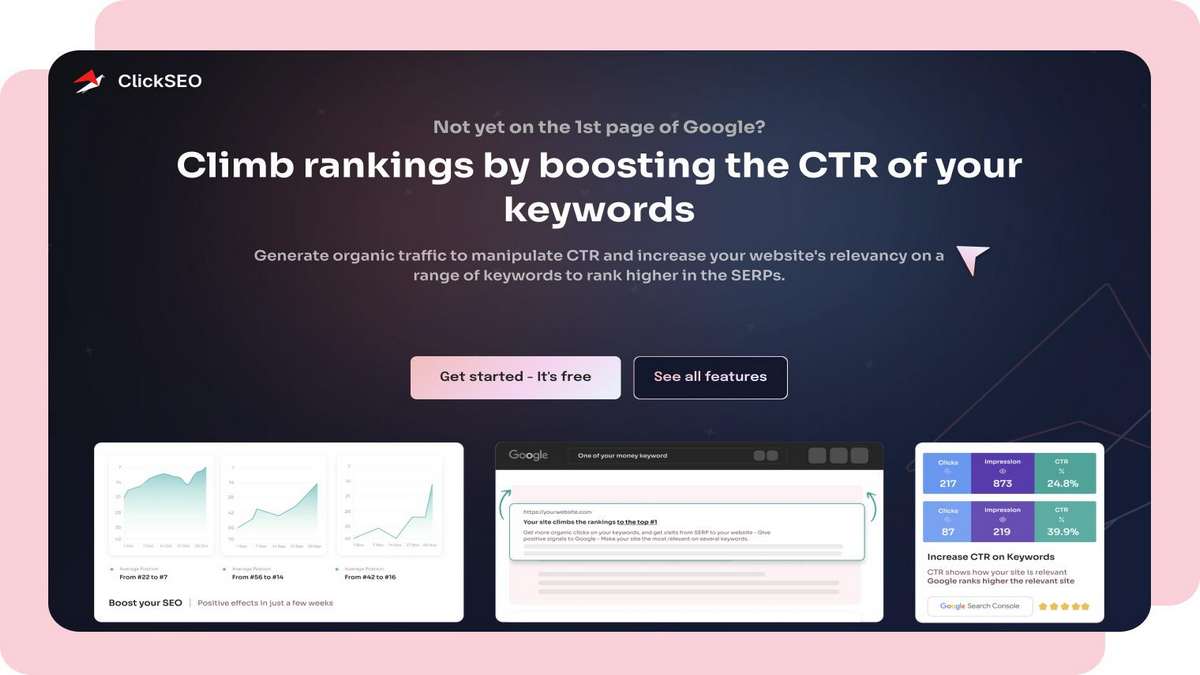
In the always-changing business world, technological advancements have played a pivotal role in reshaping traditional operational models. One significant outcome of this transformation is the ability of businesses to outsource various functions. Technology has become the driving force behind this paradigm shift, enabling organizations to streamline processes, cut costs, and focus on their core competencies. This article delves into the ways in which technology has empowered businesses to outsource functions, fostering efficiency, flexibility, and global collaboration.
Virtual Collaboration Platforms
The rise of virtual collaboration platforms has been instrumental in breaking down geographical barriers. Tools like Zoom, Microsoft Teams, and Slack have revolutionized communication, allowing businesses to seamlessly connect with remote teams and outsourcing partners across the globe. This has allowed companies to take advantage of a larger talent pool, regardless of their physical location.
These platforms facilitate real-time communication, file sharing, and project management, creating a virtual workspace that transcends traditional office boundaries. Businesses can now outsource functions to specialized teams or freelancers, fostering a collaborative environment that promotes innovation and efficiency.
On top of this, integrating augmented reality (AR) and virtual reality (VR) technologies enhances the collaboration experience. Teams can conduct virtual meetings, training sessions, and product demonstrations, providing a level of interaction that was once limited to face-to-face encounters. As businesses embrace these immersive technologies, the outsourcing landscape becomes more dynamic and engaging.
Cloud Computing
Cloud computing is a game-changer for businesses looking to outsource various functions. Instead of relying on in-house servers and infrastructure, organizations can now leverage cloud services to store, process, and manage data. This not only reduces the need for extensive physical IT infrastructure but also provides unparalleled flexibility to scale operations up or down based on business needs.
The cloud allows outsourcing partners to access necessary data and applications securely, promoting seamless collaboration. It also enhances data security and ensures that all stakeholders have access to the latest information in real-time. As a result, businesses can outsource functions such as data management, storage, and analysis with confidence, knowing that their data is both accessible and secure.
Moreover, the cloud facilitates the integration of advanced analytics and machine learning algorithms, enabling businesses to derive actionable insights from their data. Outsourcing partners can leverage these tools to provide valuable analysis, contributing to informed decision-making and strategic planning. The cloud has helped to facilitate successful outsourcing when it comes to financial management so you don’t need to worry about doing it all yourself. If you’re looking to outsource your accounting or bookkeeping, consider a professional company like ORBA Cloud CFO Services.
Automation and Artificial Intelligence
Leaps forward in automation and artificial intelligence (AI) have brought about unprecedented efficiency gains in various business processes. Repetitive and rule-based tasks that were once time-consuming can now be automated, allowing businesses to focus on tasks that require human creativity, critical thinking, and decision-making.
Through automation, businesses can outsource routine functions to machines, reducing costs and minimizing errors. For example, customer support chatbots powered by AI can handle routine inquiries, freeing up human agents to address more complex issues. This not only streamlines operations but also enhances the overall customer experience.
Machine learning algorithms have a big role to play in predictive analytics, enabling businesses to anticipate market trends, customer preferences, and potential risks. As businesses outsource functions related to data analysis and pattern recognition, they gain a competitive edge by making data-driven decisions that align with their strategic objectives.
Data Analytics for Informed Decision-Making
Outsourcing decisions are no longer based solely on intuition; instead, businesses are increasingly relying on data analytics to make informed choices. Technology has allowed the collection and analysis of vast amounts of data, providing valuable insights into market trends, consumer behavior, and operational efficiency.
By leveraging data analytics, businesses can identify the most suitable outsourcing partners, optimize processes, and make strategic decisions that align with their overall objectives. This data-driven approach minimizes risks associated with outsourcing and makes sure that businesses can adapt to changing market conditions.
Also, the convergence of big data analytics and the Internet of Things (IoT) allows businesses to gather real-time data from various sources. This holistic approach enhances the accuracy of analytics, providing a comprehensive view of operations and enabling businesses to make proactive decisions.
Cybersecurity Measures
Concerns about data security have often been a significant barrier to outsourcing. However, technological advancements in cybersecurity have addressed these concerns, providing robust measures to safeguard sensitive information. Businesses can now implement encryption, multi-factor authentication, and other advanced security protocols to protect their data throughout the outsourcing process.
The integration of blockchain technology also offers secure and transparent transactional processes, adding an extra layer of trust between outsourcing partners. As a result, businesses can confidently outsource critical functions without compromising the security and integrity of their data.
Continuous advancements in cybersecurity technologies, including threat intelligence and real-time monitoring, ensure that businesses can stay one step ahead of potential cyber threats. This proactive approach is crucial in building trust between businesses and outsourcing partners, fostering long-term collaborations.
Enhanced Connectivity Through 5G
The rollout of 5G technology has brought about a new era of connectivity, enabling faster and more reliable communication. This has significant implications for businesses outsourcing functions that require high-speed internet connectivity, such as software development, graphic design, or virtual assistance.
With 5G, the barriers of distance and time zone differences are further minimized, allowing for more seamless collaboration between businesses and their outsourcing partners. This enhanced connectivity not only accelerates project timelines but also opens up new possibilities for innovation and collaboration on a global scale.
5G’s low latency and high bandwidth empower businesses to engage in resource-intensive activities, such as real-time video streaming and collaborative design processes. As a result, the outsourcing landscape becomes more dynamic, enabling teams to work together as if they were in the same physical location.
In conclusion, technology has become the cornerstone of the modern business landscape, enabling organizations to outsource functions with unprecedented efficiency and flexibility. From virtual collaboration platforms to cloud computing, automation, data analytics, cybersecurity measures, and 5G connectivity, businesses now have a powerful toolkit at their disposal.
This technological revolution has not only transformed the outsourcing landscape but has also empowered businesses to focus on their core competencies, drive innovation, and adapt to the dynamic demands of the market. As we continue to witness advancements in technology, the symbiotic relationship between businesses and technology in the outsourcing realm will undoubtedly evolve, presenting new opportunities and challenges for organizations seeking to thrive in the global marketplace. Embracing these technological advancements will be key for businesses looking to leverage outsourcing as a strategic tool for growth and sustainability in the years to come.



